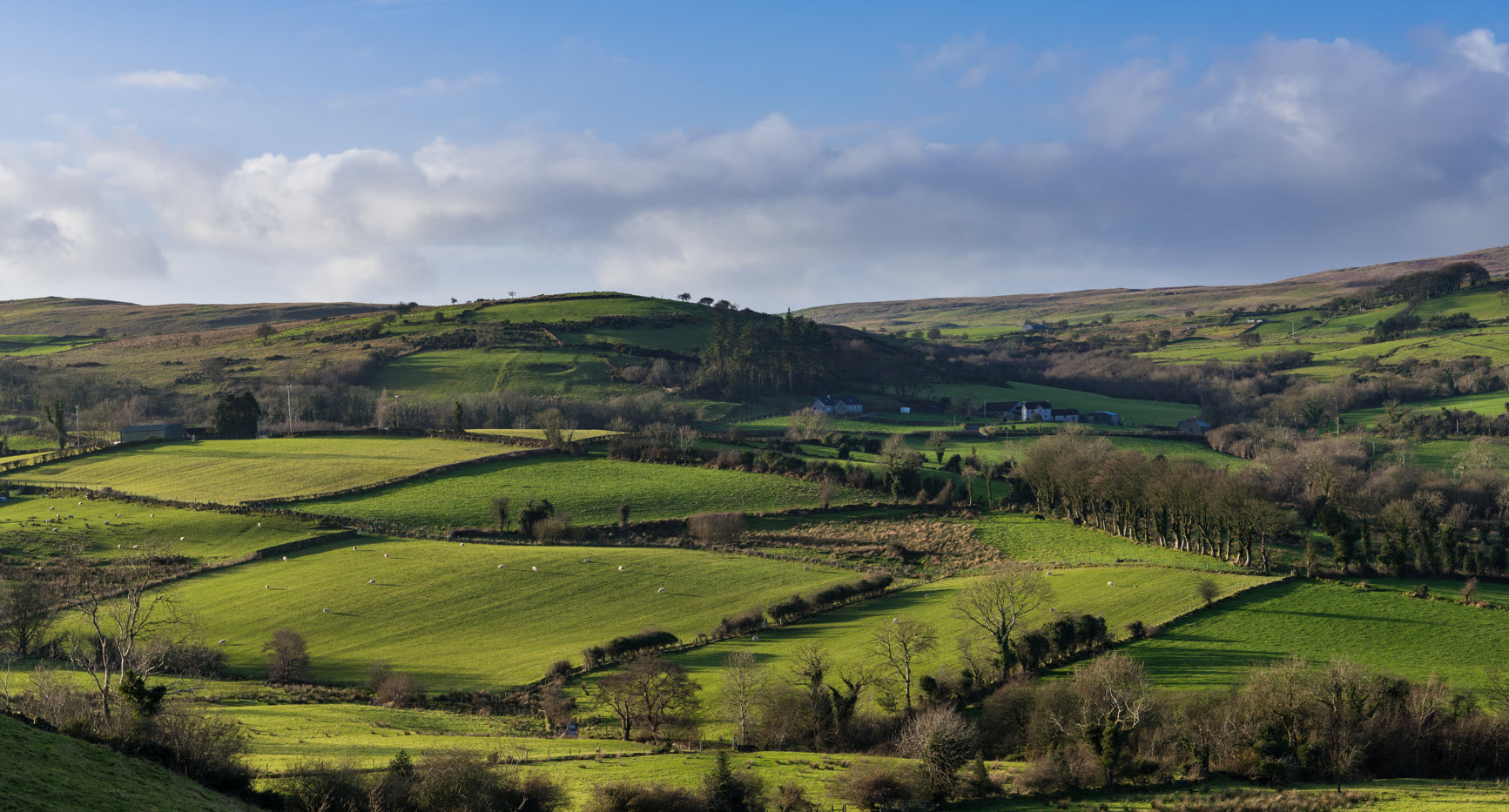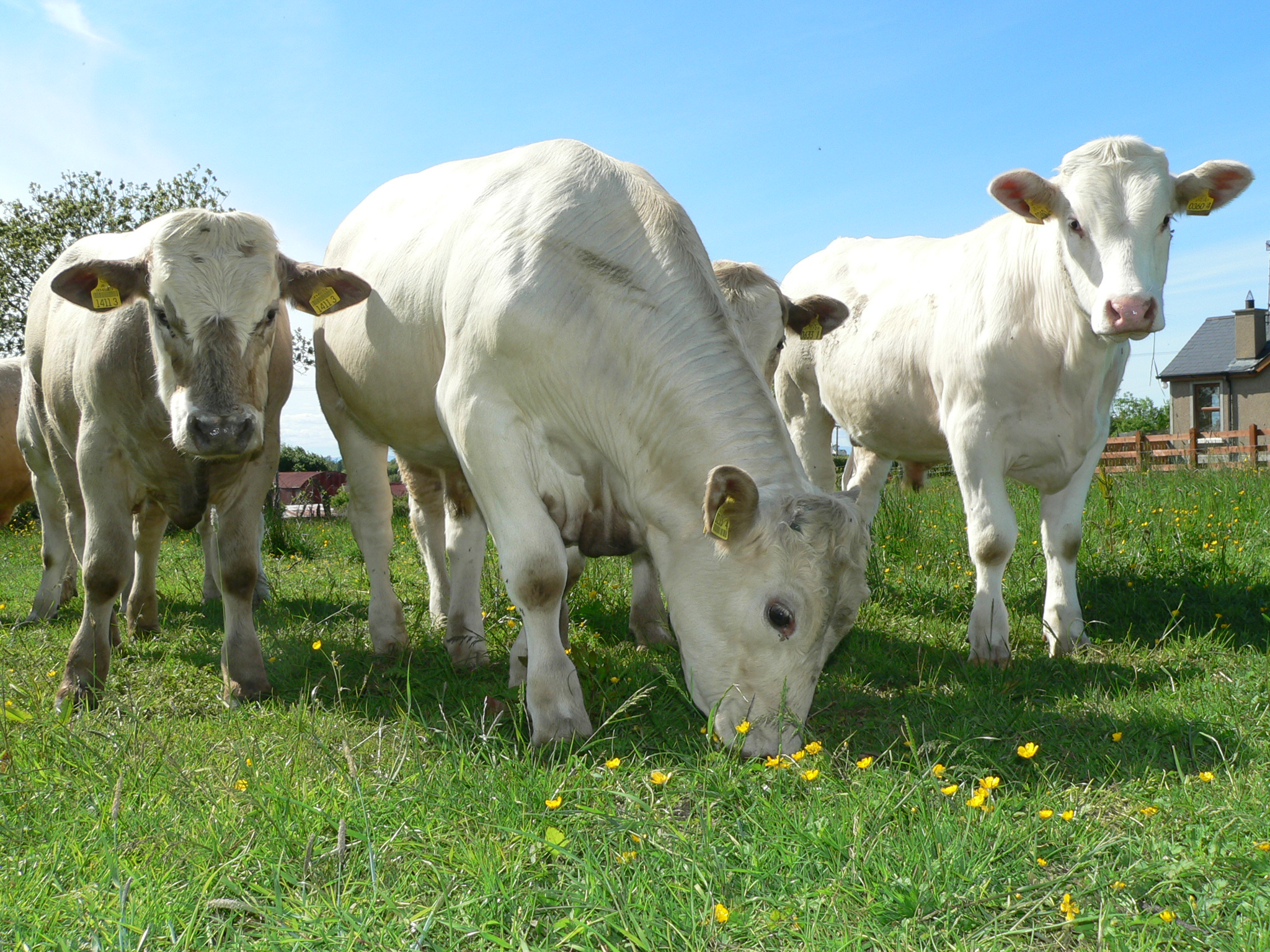
Commodity watch by UFU senior policy officer, Chris Osborne.
In the 14 years in my role, a number of barriers to the uptake of renewables on farm have been set out in this commodity watch; lack of available grid capacity, planning policy and astronomic costs of connecting to the grid.
Despite this, the land sector in Northern Ireland (NI) played a significant role in meeting renewables targets. In fact, now producing enough renewable energy to power 150,000 homes in NI.
In this time the Ulster Farmers’ Union (UFU) have lobbied extensively to ease the process for those who wish to get involved in renewables. Only last month, NIE Networks concluded their call for evidence on flexible connections to the grid and the UFU submitted a lengthy submission with suggestions as to how NI agriculture could benefit from this approach. The planning policy obstacle remains a major unresolved challenge as the most recent consultation proved, and we appear to be no closer to getting a solution.
Which brings to connecting to the grid.
Utility Regulator (UR) and Department for the Economy (DfE) have opened a call for evidence, seeking stakeholder evidence to assess potential changes to the current electricity connections policy framework in NI.
The UFU have made the case on many occasions that changes to grid connections policy is needed to facilitate delivery of DfE’s Energy Strategy. The current framework for connections needs to evolve in order to reflect the changing manner in which electricity is supplied and demanded. Net zero goals as well as the ambitious 80 percent target of renewable electricity by 2030, will drive the demand for LCT (low carbon technology).
According to UR/DfE, the aim of the policy framework review is getting connected efficiently and at a fair price is important for all customers in NI – domestic, businesses and renewable generators alike.
Currently, when someone requests a grid connection in NI, NIE Networks, as the Distribution System Operator (DSO), has a duty to provide an offer for a connection under Article 19 of the Electricity (NI) Order 1992. This is backed up by its Licence under Condition 30 (NIE Networks Distribution Licence).
An increasing number of farms are looking to integrate LCTs in their homes and premises. Such increasing level of self-generation as well as the potential for microgrids, rural community initiatives and zero export arrangements, should be considered in the context of the need for changes to the connection framework. From experience and based on member first-hand experience, the call for evidence should look at the current “developer led” approach – is it acceptable that a developer pays the significant costs towards a line upgrade to facilitate their renewable connection when other people on the same line will benefit with no contribution?
The closing date for responses is 29 September and once the evidence is received and reviewed, a ‘Next Steps’ paper will be published by the UR in late 2023. It is noted that a formal consultation may follow.




